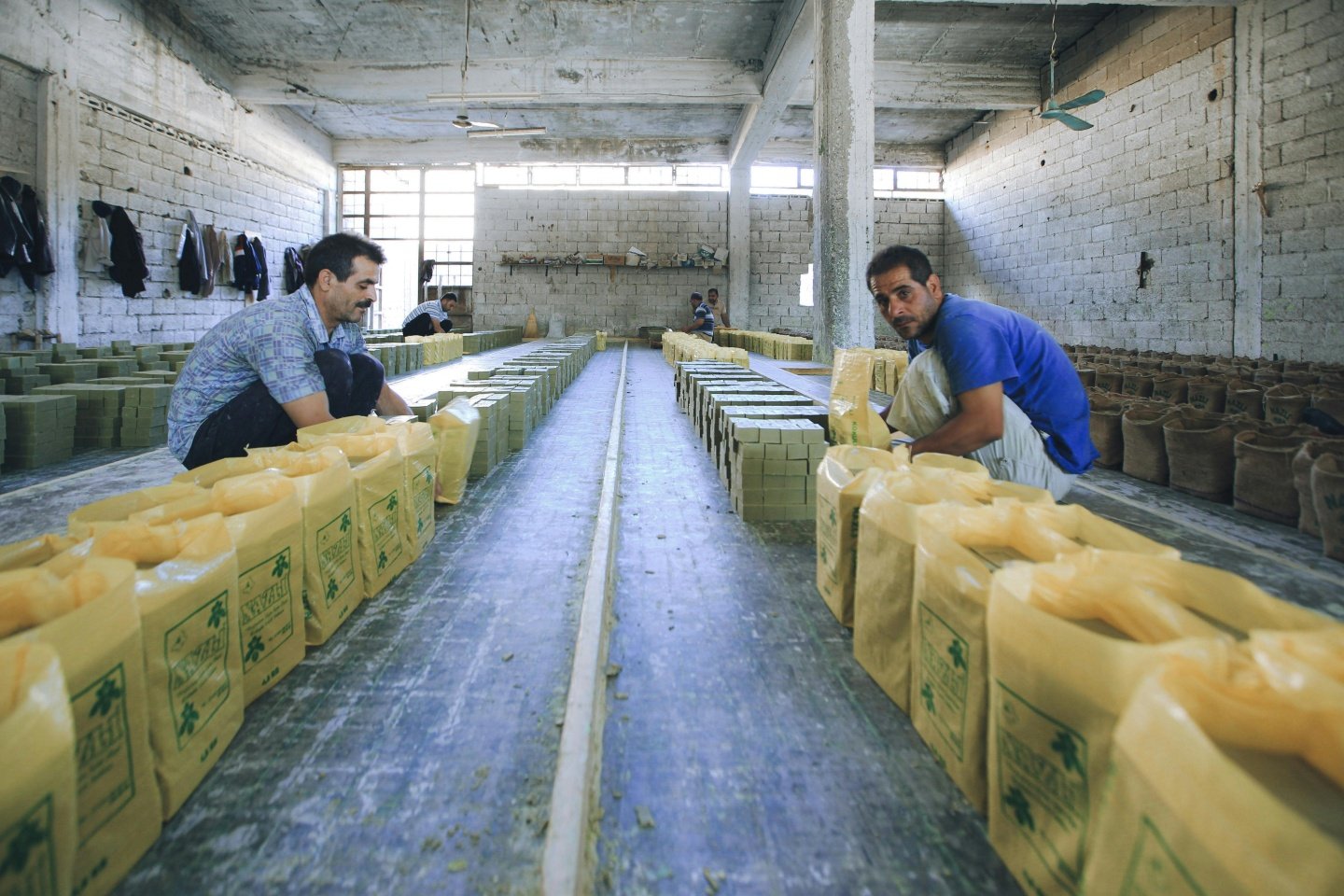How Can You Ensure Supplier Compliance with GMP Standards?
Your GMP system is only as strong as your weakest supplier. Whether you’re in food manufacturing, pharmaceuticals, or cosmetics, your raw materials, packaging, and outsourced services must meet the same high standards you follow. Ensuring supplier compliance with GMP is key to protecting product quality, brand reputation, and consumer safety.

Why Supplier Compliance Matters
-
Reduces risk of contamination or product recalls
-
Ensures consistent product quality
-
Strengthens traceability across the supply chain
-
Protects your certification status (ISO 22000, FSSC 22000, HACCP)
-
Builds customer trust and regulatory confidence
How to Ensure Supplier Compliance with GMP Standards
1. Establish Clear Supplier Qualification Procedures
-
Create a formal supplier approval process
-
Require GMP certificates, audit reports, and compliance documentation
-
Assess technical capability, quality systems, and track record
-
Use supplier questionnaires or checklists
2. Conduct Regular Supplier Audits
-
Plan and schedule on-site or remote GMP audits
-
Focus on hygiene, documentation, process control, and traceability
-
Identify non-conformities and follow up on corrective actions
-
Use audit findings to determine supplier risk level
3. Define GMP Requirements in Contracts
-
Include GMP compliance clauses in supplier agreements
-
Specify hygiene standards, delivery conditions, and documentation expectations
-
Require change notifications for any process or material change
-
Set expectations for audit cooperation
4. Implement a Supplier Rating System
-
Score suppliers on GMP compliance, delivery, quality, and responsiveness
-
Categorize them as low-, medium-, or high-risk
-
Use scores to guide sourcing decisions and improvement plans
5. Require Batch Documentation and COAs
-
Insist on Certificate of Analysis (COA) for every batch
-
Ensure full traceability of ingredients and packaging materials
-
Review batch records to verify compliance with specifications
-
Keep documentation for internal audits and certification reviews
6. Perform Incoming Goods Inspections
-
Inspect raw materials and packaging upon arrival
-
Check for contamination, damage, or deviation from specs
-
Quarantine non-conforming products immediately
-
Keep inspection records for traceability and verification
7. Provide GMP Training and Expectations to Suppliers
-
Share your company’s GMP guidelines
-
Offer joint training or workshops, especially for key suppliers
-
Align expectations on hygiene, traceability, and documentation
-
Encourage suppliers to pursue ISO or FSSC certification
8. Monitor Performance Continuously
-
Track trends in quality issues, delays, and complaints
-
Reassess supplier compliance annually
-
Remove or downgrade non-compliant suppliers
-
Reward high-performing, GMP-compliant partners
Common Mistakes to Avoid
-
Approving suppliers without proper documentation
-
Failing to audit suppliers regularly
-
Ignoring supplier changes or process deviations
-
Not documenting supplier-related non-conformities
-
Relying only on verbal assurance or past experience

Let CAYS Scientific Help You Manage Supplier GMP Compliance
At CAYS Scientific, we help food and manufacturing businesses:
✅ Develop supplier GMP assessment programs
✅ Conduct supplier audits and documentation reviews
✅ Train procurement teams on GMP requirements
✅ Align supplier practices with ISO 22000 and FSSC 22000 standards
📞 Contact CAYS Scientific today to build a GMP-compliant supply chain that strengthens your brand and safeguards your customers.


